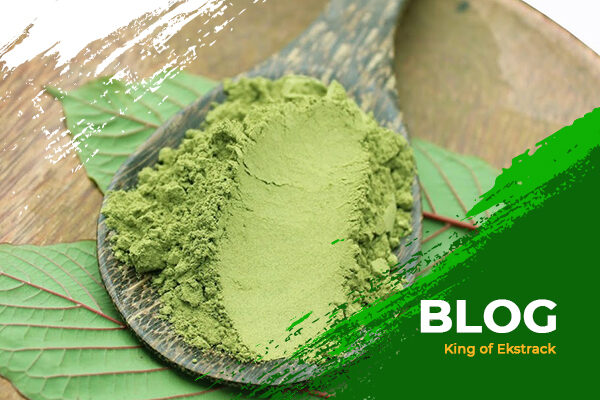Is Kratom Legal in Indonesia?
Kratom (Mitragyna speciosa) is a tropical plant native to Southeast Asia, including Indonesia. Known for its natural alkaloids—particularly mitragynine and 7-hydroxymitragynine, kratom has gained popularity worldwide for its potential benefits in managing pain, anxiety, and energy levels. But what about its legal status in the country where it is abundantly grown Indonesia?
Kratom’s Legal Status in Indonesia
As of now, kratom is legal to cultivate, trade, and export in most parts of Indonesia, particularly in provinces such as West Kalimantan, which is a major production hub. Farmers, cooperatives, and exporters operate openly under local government oversight.
However, the Indonesian National Narcotics Agency (BNN) and the Ministry of Health have expressed concerns about kratom’s psychoactive properties and potential misuse. In 2019, BNN proposed kratom to be classified as a Category I Narcotic—similar to heroin and cannabis—though it has not yet been formally implemented.
The official ban is planned to take effect in 2024–2025, giving farmers and stakeholders time to adjust. Until that policy is enforced, kratom remains legal to produce and sell within Indonesia.
What About Export?
Indonesia is currently the world’s largest exporter of kratom, especially to the United States, Europe, and parts of Asia. Exporters like King of Ekstrack ensure that all kratom products meet strict quality standards and are tested in certified laboratories for safety and purity.
However, exporters must stay up to date with both domestic regulations and destination country laws, as kratom is banned in some countries.
Caution for Local Consumption
While production and export are still legal, domestic sale for personal consumption is largely discouraged and unregulated. Some provinces have issued local restrictions on selling kratom in urban or populated areas.
So, although kratom is technically not illegal, it occupies a gray legal area. Producers and buyers must stay informed and act responsibly.
Conclusion
Kratom is still legal in Indonesia for cultivation, production, and export—but its legal status is under review. Until a full national ban is enforced, businesses like King of Ekstrack continue to operate transparently, supporting local farmers and delivering premium-quality kratom to the global market.
We urge all stakeholders to stay informed about policy changes and to prioritize safe, ethical, and lawful kratom trade.



